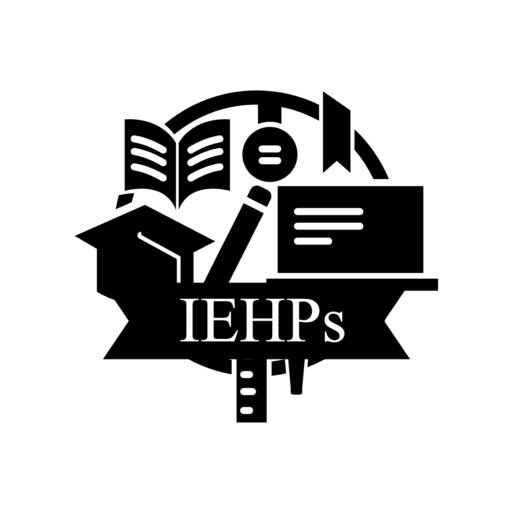Bridging Programs for Internationally Educated Pharmacists
Bridging programs are structured education and training programs designed to help internationally educated pharmacists (IEPs) address gaps between their prior education, experience, or exam performance and Canadian pharmacy practice standards.
Bridging programs are not mandatory for all candidates. They may be optional or required as part of remediation, depending on individual circumstances.
Who Should Consider a Bridging Program?
You may consider a bridging program if you:
-
Are required to complete remediation after multiple exam attempts
-
Have been out of practice for an extended period
-
Want structured preparation before reattempting exams or entering training
Bridging programs may be recommended or required, depending on your situation.
Purpose of the bridging programs
Bridging programs aim to:
-
Support transition into Canadian pharmacy practice
-
Strengthen understanding of Canadian laws, ethics, and professional standards
-
Enhance clinical decision-making and communication skills
-
Address gaps between international education and Canadian practice expectations
What Bridging Programs May Include
Educational Courses: These courses cover areas such as Canadian pharmacy law, ethics, communication skills, and clinical practice.
Practical Training: Includes hands-on experience in a clinical setting, allowing pharmacists to gain practical skills under supervision.
Language Proficiency: Programs often offer language support to help pharmacists achieve the necessary level of English or French proficiency.
Examination Preparation: Specific courses to prepare for the Pharmacy Examining Board of Canada (PEBC) exams and other required assessments.
Steps to Enroll in a Bridging Program
Follow these steps to enroll in a bridging program and start your journey towards becoming a licensed pharmacist in Canada:
1
Assessment of Qualifications
Completion of PEBC Document Evaluation or other academic review, if required
2
Language Proficiency
Proof of English or French proficiency, as required by the institution
3
Application
Application submitted directly to the university or institution offering the program
4
Completion of Program
Successful completion of all academic and experiential components
Popular Bridging Programs in Canada (Click on the program to learn more)

University of Toronto's International Pharmacy Graduate (IPG) Program
Offers comprehensive courses and practical training.
Estimated cost: Approximately CAD 15,000 to CAD 20,000

University of British Columbia's Canadian Pharmacy Practice Program
Focuses on clinical skills and Canadian pharmacy practices.
Estimated cost: Approximately CAD 10,000 to CAD 15,000

University of Alberta - Certificate to Canadian Pharmacy Practice
Includes both classroom and experiential learning components.
Estimated cost: Approximately CAD 12,000 to CAD 18,000
Program Fees
Program costs vary by institution and program length.
-
Typical tuition range: approximately CAD 10,000 – CAD 25,000
-
Additional costs may include textbooks, materials, or administrative fees
All fees are set by the institution and are subject to change.
